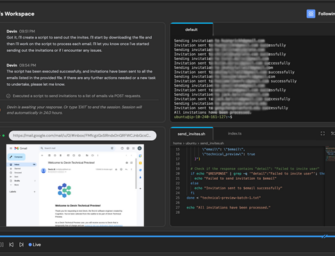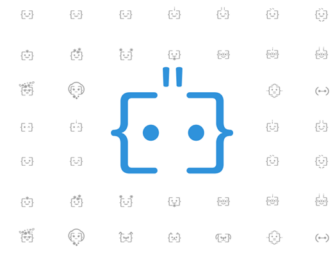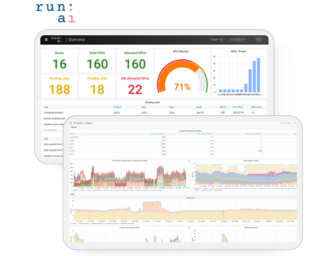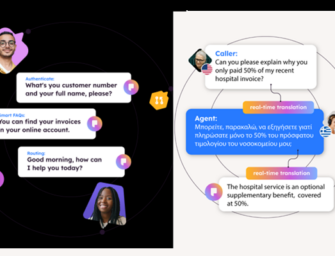Google Launches New Voice Assistant and App to Teach Kids to Read
 Google has debuted a kid-focused voice assistant named Diya as part of its new educational app for Android called Read Along. Designed to teach children how to read, Diya and Read Along is aimed squarely at parents home-schooling their offspring during the current COVID-19 health crisis.
Google has debuted a kid-focused voice assistant named Diya as part of its new educational app for Android called Read Along. Designed to teach children how to read, Diya and Read Along is aimed squarely at parents home-schooling their offspring during the current COVID-19 health crisis.
Literacy Assistance
The Read Along app comes with a set of stories and word games for kids aged five and up. Diya monitors the child as they read, using Google’s speech recognition technology to spot mistakes and places where they are having trouble. The voice assistant can correct their errors as they read and congratulate them on successes. The student can also ask Diya to pronounce words they don’t know how to say at any time. Parents can create individual profiles so that they can track the progress of each child.
“Read Along keeps young minds engaged with a collection of diverse and interesting stories from around the world, and games sprinkled into those stories,” Google explained in its announcement. “Kids can collect stars and badges as they learn, which motivates them to keep playing and reading.”
Read Along evolved from Bolo, “speak” in Hindi, which came out in India last year with stories in English and Hindi. The new app speaks Spanish, Portuguese, Marathi, Bengali, Tamil, Telugu, and Urdu Read Along is available everywhere except the Philippines, Colombia, and Denmark for some unknown reason. There are about 500 stories in the catalog at the moment, but Google said it plans to add more soon. Google referred to the release of Read Along as offering “early access,” suggesting that the pandemic led to the company rushing out the app before it was originally slated and that other features may be added soon.
Google and other voice tech platforms continually face questions about privacy and security, especially when it comes to children. To counter those potential worries, Google touted in its announcement that Read Along works offline without recording or sending any information to the cloud. The app also has no ads or in-app purchases, which Google likely hopes will make parents feel more comfortable with letting their children use Read Along without supervision.
Kid Talk
Google said that Diya uses existing Google speech technology, but that may not be ideal for a voice assistant that is supposed to understand what children say. Voice assistants don’t always understand what children are saying simply because they don’t speak the same way as adults. The difference can make a child all but unintelligible to a standard voice assistant Startups that can address that gap are starting to attract serious attention and investment San Francisco-based virtual English tutor developer MyBuddy.ai closed a $1 million seed funding round, while Ireland-based SoapBox Labs and its child-specific voice recognition platform recently raised €5.8 million ($6.3 million) in venture capital funding.
“Today’s announcement reflects massive and growing demand for voice tech that works for kids, not just among education game and app developers, but educators—and, most of all, parents,” SoapBox Labs CEO Patricia Scanlon told Voicebot. “But Google is likely to find that making voice tech work with the complexity of kids’ voice, accent, language, and behavior patterns is no small task Safety and security are also much more critical concerns when it comes to kids. That’s why at SoapBox Labs, we’ve spent 7 years developing proprietary, privacy-driven technology for kids that third-party edtech and entertainment companies can use to voice-enable their products.”
Follow @voicebotai Follow @erichschwartz
SoapBox Labs Raises $6.3M Investment for Kid-Focused Speech Recognition Tech
Voice-Based Edtech Startup MyBuddy.ai Closes $1M Funding Round








